|
LISTEN TO THIS THE AFRICANA VOICE ARTICLE NOW
Getting your Trinity Audio player ready...
|
Chief Justice Martha Koome on Thursday, January 23, 2025, raised alarm over what she described as a deliberate attack on the Judiciary and the office of the Chief Justice, after her security detail was withdrawn by the government through the Ministry of Interior.
In a letter directed to Interior Cabinet Secretary Kipchumba Murkomen and Inspector General of Police Douglas Kanja, Koome expressed deep concern over the implications of this decision, which she believes undermines the judiciary’s autonomy and threatens the safety of judicial officers across Kenya.
Koome’s letter, which sought to address what she termed as an “egregious affront” to the Judiciary’s independence, stressed that security was not a personal privilege but an institutional necessity. She argued that the withdrawal of her security detail directly attacked the core principle of separation of powers, crucial to maintaining a functional democracy. The Chief Justice also noted that security ensured the Judiciary could operate without fear, free from external interference, thus preserving the integrity of judicial processes.
“This move not only insults the Judiciary’s independence but places judicial officers at significant risk,” Koome said. “The withdrawal of security undermines our ability to perform our duties impartially and without fear, which is essential for the continued growth of Kenya’s democracy and the safeguarding of the rule of law.”
Koome further outlined the broader impact of the withdrawal, citing the diminishing strength of the Judiciary Police Unit (JPU), a specialized branch of the National Police Service established in 2021. The JPU is responsible for providing security to judicial officers, and its reduced capacity, according to Koome, only exacerbated existing vulnerabilities within the Judiciary, jeopardizing the safety of judicial officers across the country.
Rather than strengthening the Judiciary’s security apparatus to address the growing threats faced by judicial officers—especially in light of increasing attacks on judges—Koome noted that the capacity of the Judiciary Police Unit had been significantly reduced. This, she argued, sent a dangerous message to the public about the potential for interference in the Judiciary’s work.
“The weakening of the Judiciary Police Unit does more than compromise security; it creates a precedent for undermining judicial independence,” Koome wrote. “When state organs fail to respect the autonomy of the Judiciary, it jeopardizes the fundamental principles of justice and accountability that are vital for the health of our democracy.”
Koome further emphasized the broader consequences of this action, pointing out that such government interference could erode public confidence in the Judiciary’s ability to remain impartial and hold other arms of government accountable. This, she warned, could foster an environment where the rule of law is subverted by fear, intimidation, and arbitrary actions.
She urged the relevant state actors, including the National Police Service, to immediately restore her security detail and to enhance the resources of the Judiciary Police Unit. Koome stressed that this was not merely an administrative issue but a matter of constitutional importance, essential for the protection of judicial officers and the preservation of democracy.
In her letter, Koome also appealed for an urgent review of the security arrangements for judges and other judicial officers, who have faced increasing risks, particularly following a series of high-profile attacks on the Judiciary in recent months.
“The Judiciary must be afforded the protection it needs to carry out its constitutional role without fear,” she said. “This is about protecting the integrity of our constitutional offices and ensuring that our democracy can continue to thrive.”
In a response to the Chief Justice’s concerns, Inspector General of Police Douglas Kanja explained that the officers assigned to the Chief Justice had been either sent on training or reassigned to other duties as part of regular procedural transfers. He assured that replacements were being arranged for the Chief Justice’s security detail, as those who had been reassigned prepared to begin their promotional courses.
Despite this clarification, Koome’s statement has sparked widespread debate, raising concerns about the increasing politicization of the Judiciary and the implications of security withdrawals for the independence of state institutions.
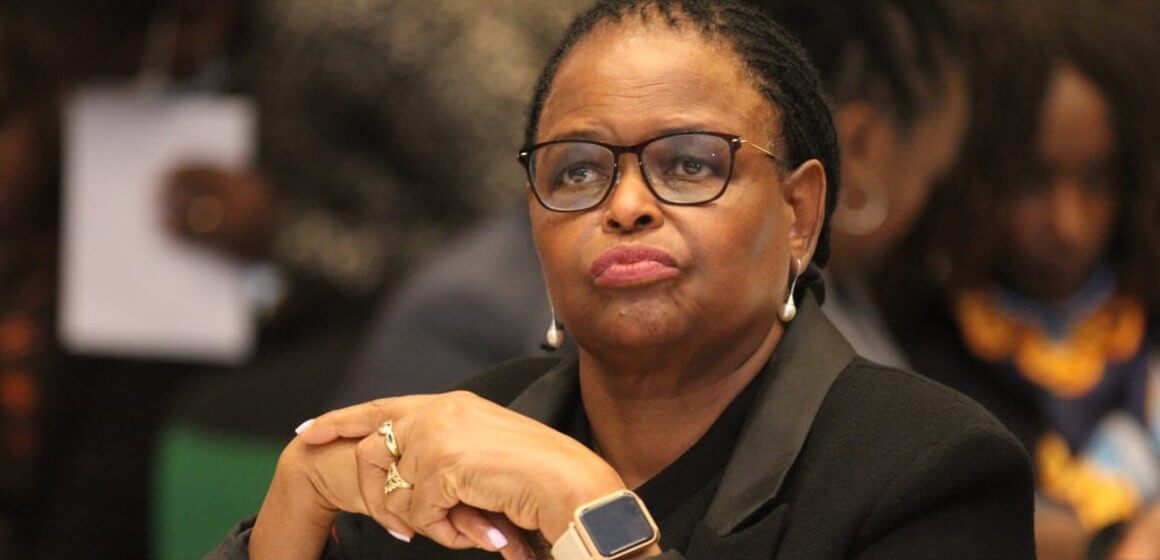




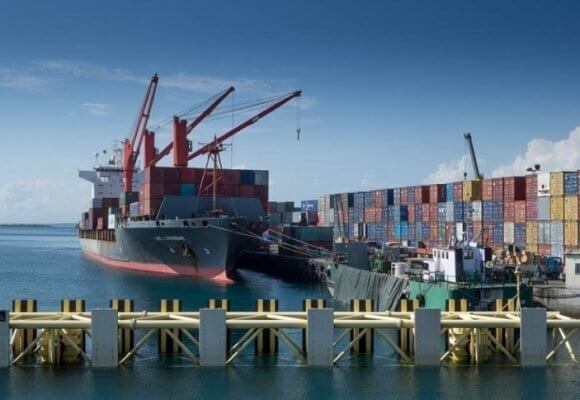
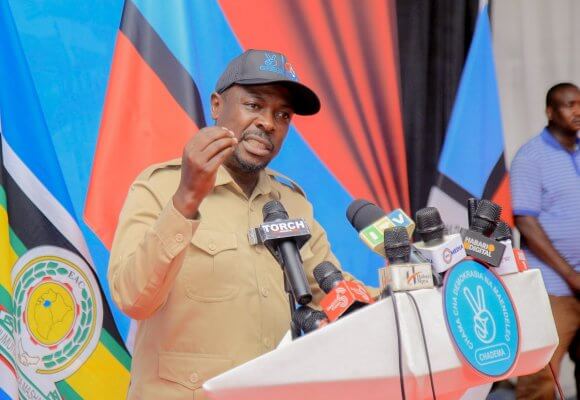
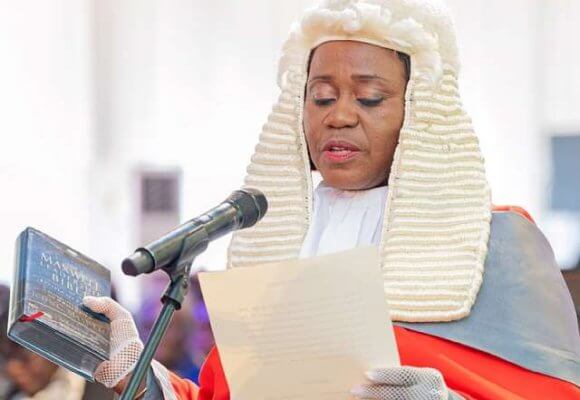
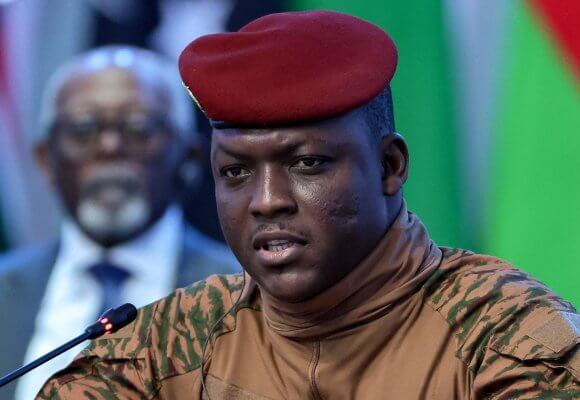


LEAVE A COMMENT
You must be logged in to post a comment.